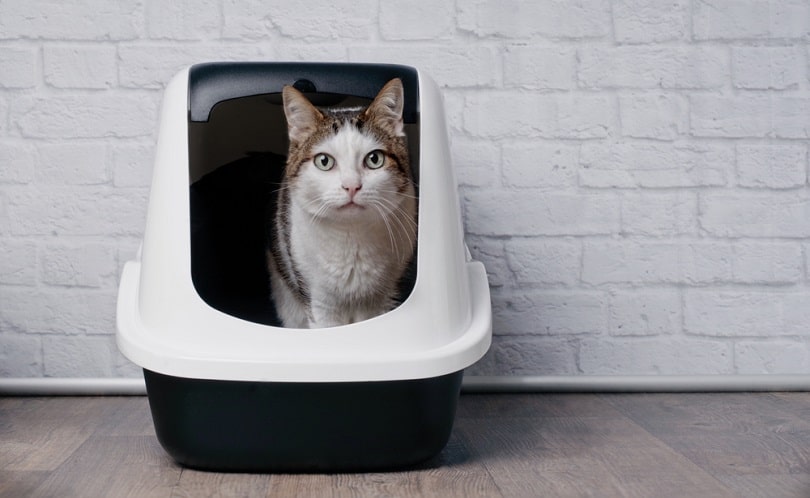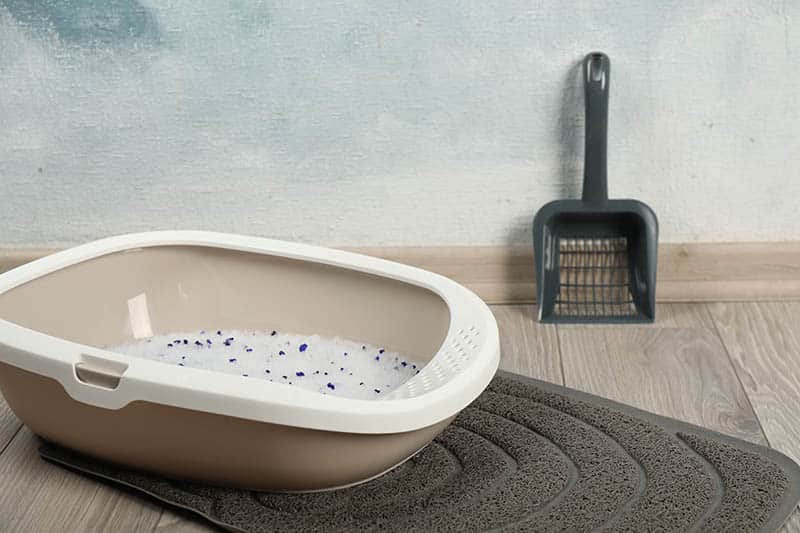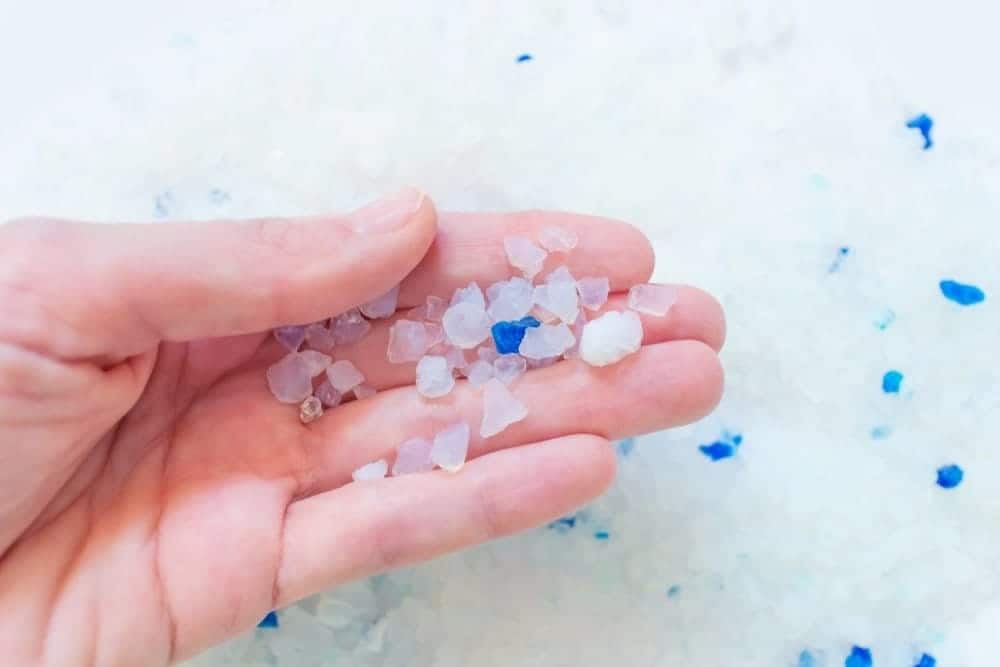The post Is Silica Cat Litter Safe for Cats? Vet-Approved Pros, Cons & FAQ by Adam Mann appeared first on Catster. Copying over entire articles infringes on copyright laws. You may not be aware of it, but all of these articles were assigned, contracted and paid for, so they aren’t considered public domain. However, we appreciate that you like the article and would love it if you continued sharing just the first paragraph of an article, then linking out to the rest of the piece on Catster.com.
There are various types of cat litter out there, and while we’d like to think that everything for sale is perfectly safe for your cat, that simply isn’t the case. Typically, silica cat litter is safe for cats, but it really depends on the type of silica in the litter, and even then there are some things you should be aware of.
With that in mind, we’ve highlighted everything you need to know about silica cat litter below so that you can make an informed decision for your cat and find the best option out there with all the necessary information.

Is Silica Cat Litter Safe?
Generally speaking, most silica cat litter is safe for your cat. However, there are a few things to note, starting with the type of silica in the litter. If the litter uses crystalline silica, it’s not thought to be a safe option for you or your cat.
However, if the litter uses an amorphous silica gel, it’s generally safe for your cat. Although non-toxic if inhaled or ingested, eating large amounts of amorphous silica gel can create issues in a cat’s digestive tract leading to vomiting or diarrhea. This is likely more of a real concern in kittens, as they are more likely to eat it. It’s the same concern you’ll have with clay-based cat litter, but it is worth noting if your cat likes trying to eat the stuff.


Advantages of Silica Cat Litter
If you’re thinking about switching to silica cat litter, it comes with numerous advantages, which is why so many cat owners love using the stuff. Here are a few advantages:
Low Maintenance
Since silica cat litter doesn’t typically clump but is still highly absorbent, you don’t have to worry about scooping quite as much out each day. Simply remove the solid waste and change out the litter as needed, which isn’t as much scooping as compared to other litters.
Little to No Dust
Most silica cat litter has minimal dust, which has numerous health benefits for your cat’s health. Not only that, but it’s less messy, which makes clean-up around your litter box easier as well. Clay litter creates a lot more dust, and this dust can be harmful to your health 1.

Great at Odor Control
Silica cat litter absorbs large quantities of cat urine, reducing the amount of urine that can evaporate into the environment. Because of this, silica cat litter is one of the best options out there for eliminating cat urine smells from the litter box. Silica cat litter also dries out cat feces, reducing fecal smells.

Disadvantages of Silica Cat Litter
While there are several things to like about silica cat litter, it’s not perfect. Silica-based cat litter has numerous disadvantages compared to other types of litter, and we’ve highlighted a few of them for you here:
Some Cats Don’t Like the Texture
While some cats don’t mind the texture of silica cat litter, other cats can’t stand the feel. If you wind up with a cat that doesn’t like the texture, you won’t be able to get them to step foot in the litter box, and that’s a huge drawback. Always give your cat the type of litter they prefer when possible.

Not Eco-Friendly
As silica litter is inorganic, it is not biodegradable and will damage more the environment than other types of products available in the market. Manufacturers recommend putting used silica litter in the garbage, meaning it will end up in landfill.
More Expensive
Compared to many other litter options out there, silica-based products are simply more expensive. This is especially true when you consider the high-quality options that will be more absorbable and less dusty. However, you will go through less silica-based litter due to its excellent absorbency, and the time saved with fewer litter box cleans may be worth the extra expense.

Final Thoughts
Unless your cat eats the litter, silica cat litter is usually safe and has numerous benefits compared to other types of cat litter. Always ensure it is amorphous silica gel, and not crystalline silica. However, even amorphous silica cat litter isn’t perfect, so do your research and then go with the cat litter that’s best for you and your cat.
Now that you know a little more about silica-based cat litter, you can make an informed decision and maybe even pick up a silica cat litter for your cat to try.
Featured Image Credit: Valentina Zavrazhina, Shutterstock
The post Is Silica Cat Litter Safe for Cats? Vet-Approved Pros, Cons & FAQ by Adam Mann appeared first on Catster. Copying over entire articles infringes on copyright laws. You may not be aware of it, but all of these articles were assigned, contracted and paid for, so they aren’t considered public domain. However, we appreciate that you like the article and would love it if you continued sharing just the first paragraph of an article, then linking out to the rest of the piece on Catster.com.